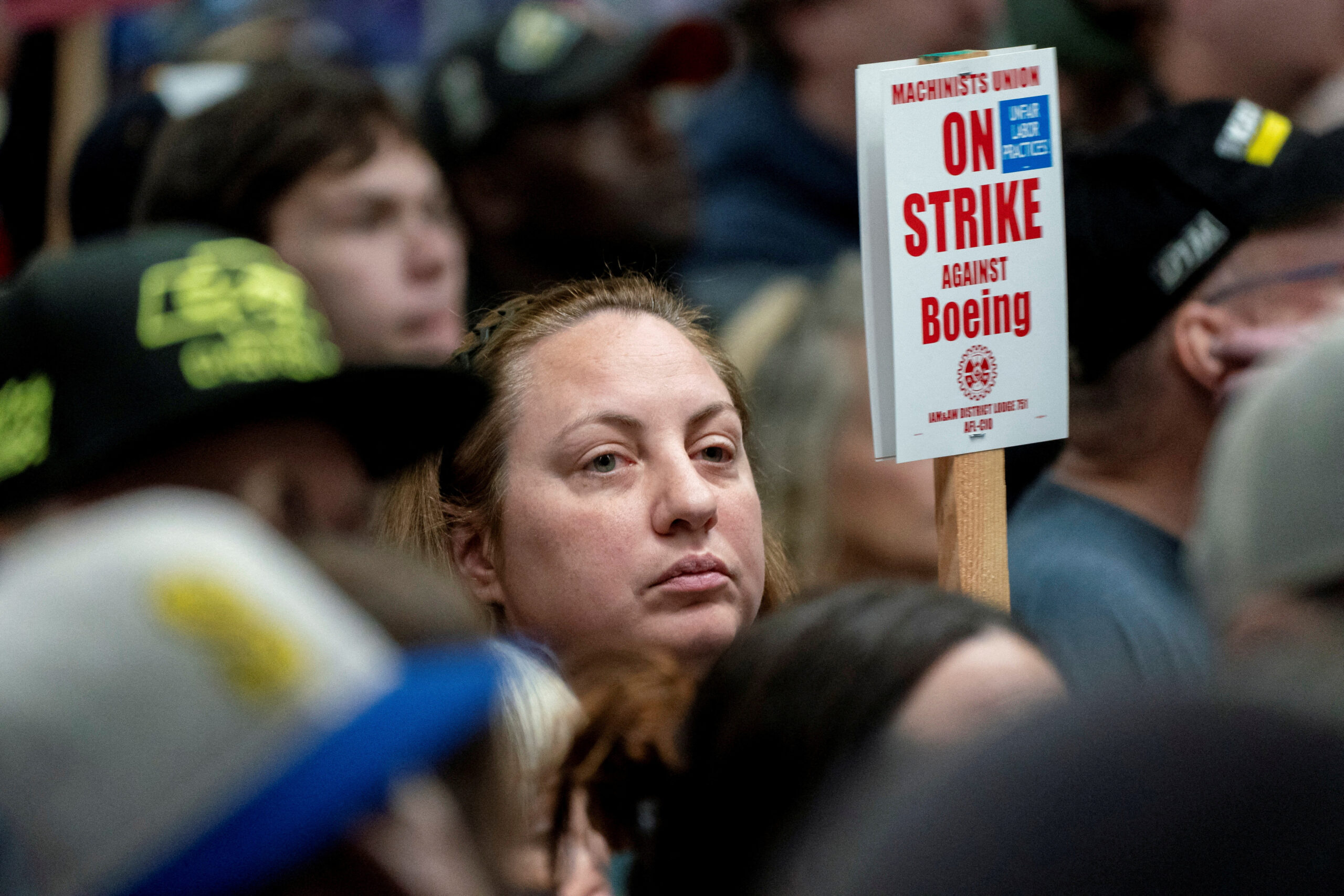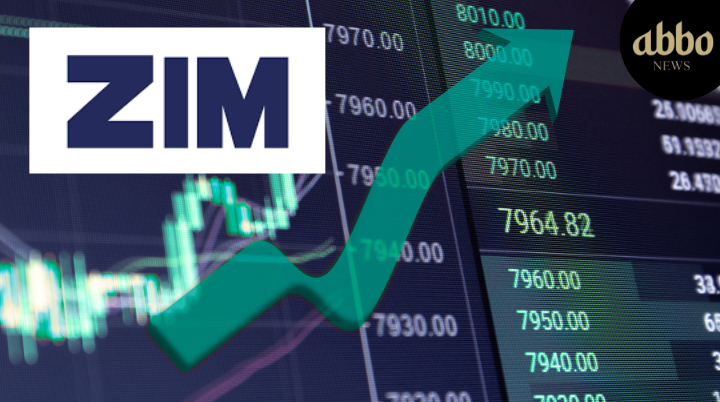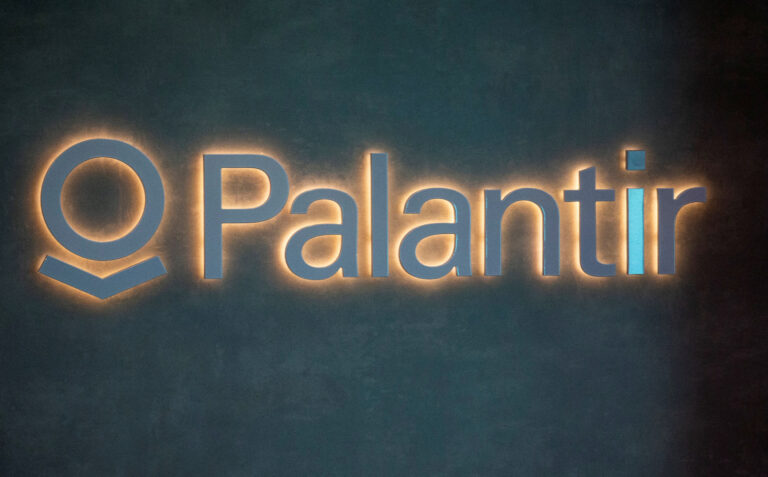Boeing (NYSE: BA) shares rose 3% on Monday on hopes of an end to a crippling strike. However, some analysts questioned whether a proposed labor contract unveiled over the weekend would muster enough support from the U.S. planemaker’s workers.
About 33,000 workers will vote on the offer on Wednesday after a more than month-long work stoppage that has halted production of models including Boeing’s best-selling 737 MAX narrowbody jets.
The vote coincides with Boeing’s third-quarter results, which are expected to include a hefty loss.
The contract proposal announced on Saturday includes a 35% pay hike over four years, a $7,000 ratification bonus, a reinstated incentive plan, and enhanced contributions to workers’ 401(k) retirement plans, including a one-time $5,000 contribution plus up to 12% in employer contributions.
Workers rebuffed the previous offer, so the wage increase and ratification bonus are higher now. But the salary hikes fall short of a 40% pay rise over four years and the restoration of the traditional pension lost in 2014 was demanded by the International Association of Machinists and Aerospace Workers union.
Workers picketing near Boeing’s 737 factory outside Seattle were pessimistic about the proposal passing.
“It’s a decent contract, but it’s not what we asked for,” said worker Myles Sims, 37. “I’ve seen other jobs elsewhere that make way more starting off. Minimum wage here is about to be raised next year, and Boeing is just giving us the bare minimum for new hires.”
Worker Jeffrey Dodge said he thought the strike would have been averted if Boeing had offered the 35% pay hike earlier.
“They’re going to have to do a little better,” Dodge said, adding, “I think they are close.”
Worker Michael Reed, 40, agreed the offer is better but not enough.
Wells Fargo analyst Matthew Akers, who has a bearish view on Boeing (NYSE: BA) stock, said the offer may not be ratified, citing activity online that leaned negative, though not as strongly as after the first contract agreement that employees rejected.
“Our analysis of over 1,000 online comments implies a more constructive view but still not enough to pass,” Akers said in a note.
JPMorgan analyst Seth Seifman estimated the wage hikes might increase Boeing’s costs by more than $1 billion, while Jefferies analyst Sheila Kahyaoglu expects wage-related expenses at about $1.3 billion.
The latest proposal follows weeks of sometimes acrimonious discussions between Boeing (NYSE: BA) and the union, whose leadership faced fury from some members after endorsing the first offer from Boeing that most workers opposed.
The union did not explicitly endorse the latest offer but told workers on Saturday, “It is worthy of your consideration”.
Even if members accept the offer, Boeing still faces the challenge of quickly restoring production to pre-strike levels once workers return.
“Based on our analysis of prior Boeing strikes, it has taken an average of 6-12 months after the conclusion of the strike for production rates to return to pre-strike levels. Moreover, the impact the strike has had on the already fragile supply chain is uncertain,” RBC Capital Markets analysts said.
Rating agencies have warned of a downgrade if the strike drags on.
“We view the proposal as a positive step,” Ben Tsocanos, aerospace director at rating agency S&P Global, told Reuters.
The work stoppage has halted production of Boeing’s cash-cow 737 MAX, and 767 and 777 widebodies.
Shares of supplier Spirit AeroSystems (NYSE: SPR), which said last week it was furloughing 700 workers due to the strike, rose 4.3%.
In a separate labor action, 5,000 workers were set to return to work at business jet maker Textron’s facilities in Wichita, Kansas, after voting to accept a five-year contract providing wage increases of 31%.
In a boost to Boeing (NYSE: BA), Dubai’s Emirates Airlines ordered five Boeing 777F freighters on Monday and will make a decision this year on a purchase of further Boeing or Airbus models.
(Source: ReutersReuters)













